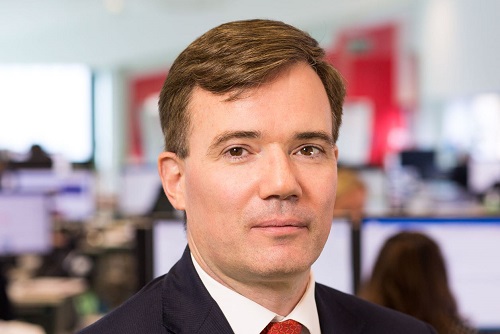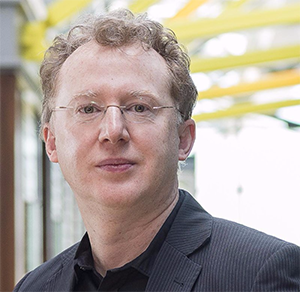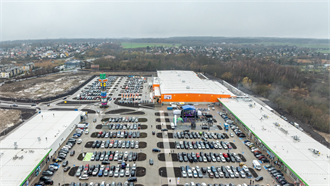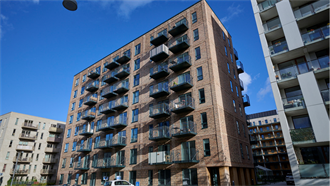Optimum Asset Management is adding a northern German 'city pairs' strategy to its current focus on Berlin residential and commercial real estate.
The 'city pairs' identified by Optimum are Leipzig-Dresden, Cologne-Düsseldorf, Berlin-Potsdam and Berlin-Hamburg, all in the northern half of Germany. 'Hamburg is less than two hours by train from the capital so you can still see them as pairs,' says Christian Schulte Eistrup, Managing Director at Optimum.
The decision to broaden the company's remit in Germany comes as the Berlin market heats up. 'Based on the amount of capital we expect to deploy over the next few years, half of the largest economy in Europe should be big enough,' Schulte Eistrup says. 'These seven markets, some more prioritised than others, give us plenty of the types of deals that we think are good for our investors and that we can still manage effectively.'
Optimum is a boutique fund manager with a 35-person team dedicated to hands-on management to drive capital appreciation. The firm has, therefore, decided not to expand beyond northern Germany to avoid 'overwhelming the organisation by having to make new hires and complicating things geographically,' Schulte Eistrup says.
He came to Optimum in 2016 after six years as head of EMEA for BlackRock Alternatives Specialists – Real Estate and before that as managing director at MGPA, which was acquired by BlackRock. 'After my time with BlackRock, Optimum seemed like a good shop to join and find my way back to boutique land.'
Berlin
Optimum has been active in the German capital since 2006, and Berlin makes up around two-thirds of its €1.5 bn real estate portfolio. Optimum has three institutional funds that have invested in Berlin, and the business also owns and manages real estate in Potsdam, Dresden and in the US.
The reputation of Berlin and its real estate market have grown markedly in recent years, in line with the strong performance of the German economy. The city is expected to grow by 250,000 inhabitants by 2019.
In November 2017 Berlin was ranked the top city for investment and development for the fourth year in a row by the annual forecast published by the Urban Land Institute and PwC. Paris was placed 14th, while London languishes near the bottom for the second year running, in 27th place.
Optimum deal size
Berlin real estate will remain a key focus for Optimum but the city's increasing popularity among international investors will mean having to 'work a bit harder' to acquire the best deals, Schulte Eistrup says.
Optimum, he adds, does have several advantages. Firstly, the firm mainly targets deal sizes of between €10-15 mln in Berlin. This is a somewhat less competitive segment than the lower ranges that attract high-net-worth individuals and the 'proverbial dentist from Munich', and the €50-plus mln range favoured by the German institutions and foreign managers.
The firm has built up local market knowledge and acquired a reputation for being able to act fast over the last 11 years in the Berlin market. Optimum also has a strong relationship with the banks.
'People see that maybe we can find more opportunities than others can. If it comes down to the wire, maybe someone is willing to work with us even if we are not the highest bidder just because they know we will perform and we are good people to work with,' Schulte Eistrup says.
City pairs
The firm’s third fund - Optimum Evolution Fund SIF - Property III – closed with €173 mln in equity in July 2016. Like its two predecessors, the fund has invested in Berlin but has also added Potsdam and Dresden to the mix.
The investments in both these cities are doing well. While Berlin is getting ‘hotter’ Optimum is careful not to fall into the trap of ‘new Berlin’ analogies. Schulte Eistrup: ‘While Potsdam is de facto Berlin the dynamics are a little bit different. We have taken the time to be sure we understand the market. This has also been the case with Dresden.’
Optimum identified the ‘city pairs’ to give returning investors a Berlin-plus strategy. The selection criteria included cities of roughly 500,000 or more and the size and liquidity of the real estate market. In addition, each market needs to have tertiary education centres or research facilities, and at least one industry on a secular growth trend.
‘This could be tech or automotive such as Volkswagen or Porsche; big-ticket logistics or transhipment like DHL, or it could be export-driven trade as with Hamburg and its port,’ Schulte Eistrup says.


































